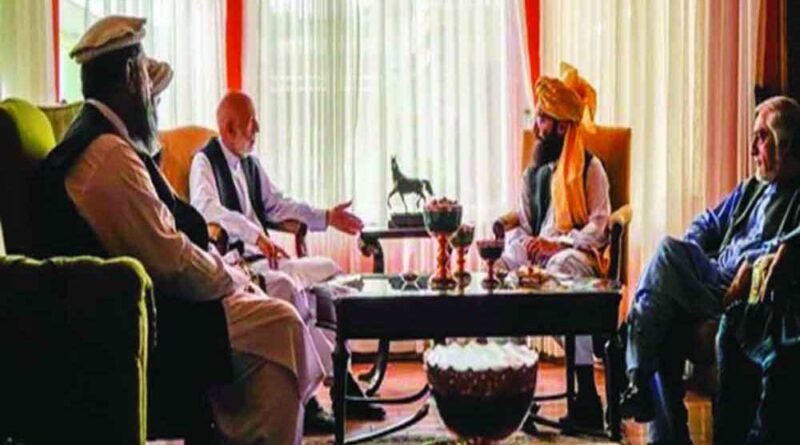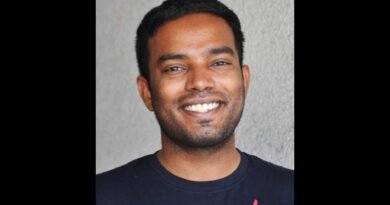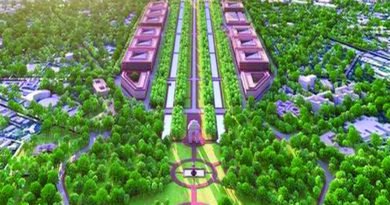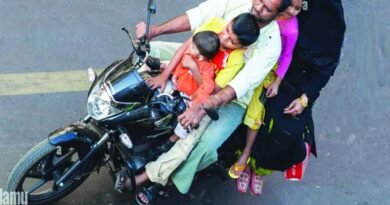Karzai speaks his mind on Af future
But the key question is whether the Taliban would accept his proposals, especially those relating to women’s participation in politics and Govt
The contents of former Afghan President Hamid Karzai’s statements during an interview on December 15 with Kathy Gannon of the Associated Press fall into two parts — the first relating to the circumstances in which the Taliban entered Kabul, Afghanistan’s capital, on August 15, 2021, and, the second, to his observations that all Afghans must come together, and the world must engage with the Taliban. Describing the Taliban as Afghans who, like other Afghans, had been through a very difficult period in the last 40 years, he bemoaned that sometimes wrong international perceptions of the Taliban prevailed, citing, as example, the claim that women and girls were not allowed outside their homes or required a male companion to go out. He added that the situation on the ground in Kabul would bear out that there were “girls on the streets — women by themselves”.
As to the first part, he contended that President Ashraf Ghani’s flight from Kabul had scuttled an agreement on the Taliban entering the city under “controlled conditions”, on which the Government’s chief negotiator, Abdullah Abdullah, had begun talks with the Taliban’s leadership in Doha. According to him, the Taliban were already on the outskirts of Kabul but their leadership had promised not to enter the city until an agreement had been arrived at. Besides scuttling the talks, Ghani’s flight created a situation in which almost all Government functionaries had fled Kabul, and the shadow of large-scale disorder hung over the city, which made him invite the Taliban to come and take over.
What Karzai said is credible. The souring of his ties with the Americans and his belief that the US could not win the war in Afghanistan had prompted him to reach out to the Taliban leadership and Pakistan, several years into his presidency. In fact, former Taliban ambassador to Pakistan, Mullah Abdul Salam Zayeef, was leading his efforts to persuade the Taliban to negotiate an end to the ongoing war. His brother, Ahmed Wali Karzai, had been in indirect touch with Mullah Abdul Ghani Baradar. Then one of the most senior military leaders of the Taliban and close to their supreme leader, Mullah Muhammad Omar, Baradar was the only Taliban leader who reportedly favoured holding peace talks with the Afghan Government. Moreover, he was reportedly talking to the Afghan Government without the knowledge of Pakistani authorities, which was the real reason for his arrest by Pakistan in January 2010. He was interrogated by both Pakistanis and Americans and remained incarcerated until 2018, when he was released under American pressure for the US-Taliban talks to begin in Doha.
Karzai was also in touch with Pakistani’s military and a member of the Haqqani family, whose terrorist network was the principal asset of Pakistan’s spy-cum-dirty tricks agency, the Inter-Services Intelligence (ISI) Directorate, in Afghanistan. According to a report in The New York Times of June 24, 2010, (online edition) by Jane Perlez, Eric Schmitt and Carlotta Gall, Washington watched nervously General Ashfaq Pervez Kayani, then Pakistan’s Chief of Army Staff, and Lieutenant-General Ahmed Shuja Pasha, then the ISI’s Director-General, shuttling between Islamabad and Kabul, telling Karzai that they shared his assessment that the US could not win in Afghanistan, and arguing that a post-war Afghan settlement should include the Haqqanis.
This history of contacts reinforces the possibility that the Taliban and Abdullah Abdullah had started negotiations and the former would have entered Kabul under “controlled conditions” had Ashraf Ghani not fled. Equally, it might have spawned talks of the formation of an “inclusive government” comprising representatives of the country’s religious, ethnic, economic and tribal communities, and including Opposition leaders like Karzai and Abdullah Abdullah, that was afloat in the immediate aftermath of the Taliban’s victory. While that does not appear to be happening soon, Karzai’s observation that the sufferings of the Afghans can end only when all of them “get together” suggests that efforts to make it happen continue.
One can visualise neither these efforts succeeding soon nor the Taliban accepting his suggestion for a temporary resurrection of Afghanistan’s Constitution when it was a monarchy, while a Loya Jirga, a “Grand Council” in Pashto, simultaneously decides on a representative government, Constitution and a national flag for the country. Loya Jirgas, national gatherings of the representatives of all ethnic, religious and tribal communities of Afghanistan, have since 2002 also come to include women. Would the Taliban, given their absolutely negative stand on women’s participation in politics and Government, agree to holding a Loya Jirga which includes women? Also, having proclaimed Afghanistan an Islamic Emirate governed by Sharia law, would they agree to have parliamentary democracy if the Loya Jirga prescribed it — particularly since they have already rejected it?
Finally, even if the Taliban accept Karzai’s position that Afghan boys and girls must have a universal right to education, they are bound to reject his stand that women must find their places in Afghanistan’s polity, administration and economic activity — indeed, all walks of life. To bring them round, the world must go beyond merely engaging with them. It must apply the kind of pressure that makes them bend.
(The author is Consulting Editor, The Pioneer. The views expressed are personal.)
Source: PTI




